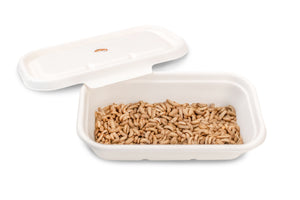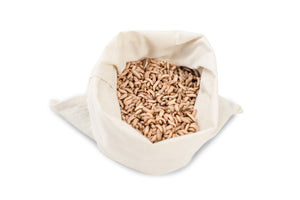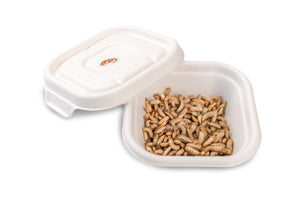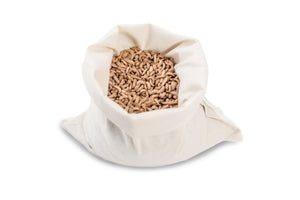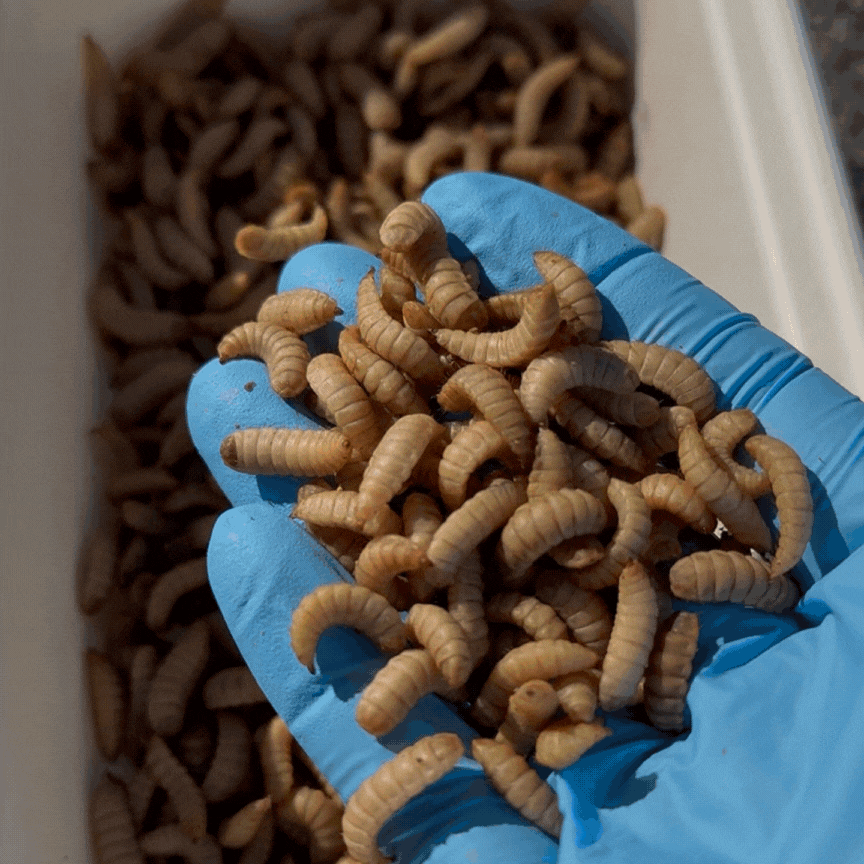Title: Unveiling the Nutritional Benefits of Black Soldier Fly Larvae for Pet Spiders
Introduction: Spiders are fascinating creatures that captivate many pet enthusiasts. When it comes to the well-being of pet spiders, a nutritious and balanced diet is crucial. While insects like crickets and mealworms are commonly fed to pet spiders, incorporating black soldier fly larvae (Hermetia illucens) into their diet can offer a range of dietary benefits. In this article, we will explore the nutritional advantages of black soldier fly larvae and why they are an excellent food source for pet spiders.
-
High Protein Content: Black soldier fly larvae are protein powerhouses, making them an ideal food source for pet spiders. Spiders require a diet rich in high-quality protein for growth, development, and molting. These larvae offer a superior protein profile compared to traditional feeder insects like crickets or mealworms. Their protein content is not only abundant but also contains a well-balanced array of essential amino acids that are crucial for spider health.
-
Essential Fatty Acids: In addition to protein, black soldier fly larvae are an excellent source of essential fatty acids, including omega-3 and omega-6. These fatty acids are essential for maintaining healthy cell membranes, promoting proper neurological function, and supporting the immune system of pet spiders. Incorporating black soldier fly larvae into their diet ensures an optimal balance of essential fats, contributing to overall health and vitality.
-
Calcium and Other Minerals: Calcium is a vital nutrient for pet spiders, as it is necessary for proper exoskeleton formation and muscle function. Black soldier fly larvae offer a substantial amount of calcium, making them an excellent source to meet the calcium requirements of pet spiders. Additionally, these larvae contain other essential minerals such as phosphorus, potassium, and magnesium, which play key roles in various physiological processes.
-
Vitamins: Black soldier fly larvae are rich in vitamins, including vitamin B complex (thiamine, riboflavin, niacin, etc.), vitamin E, and vitamin A precursors such as beta-carotene. These vitamins are essential for maintaining overall health, promoting proper growth, supporting the immune system, and enhancing reproductive capabilities in pet spiders. By incorporating black soldier fly larvae into their diet, spider owners can provide a natural and reliable source of these vital vitamins.
-
Hydration: Unlike many feeder insects that have a relatively low moisture content, black soldier fly larvae have a high water content, which can contribute to maintaining proper hydration levels in pet spiders. Adequate hydration is essential for spiders' overall health, ensuring proper organ function, molting, and digestion.
Feeding Recommendations: When incorporating black soldier fly larvae into a spider's diet, it is important to consider the size and species of the spider. Larger spiders may be able to consume whole black soldier fly larvae, while smaller spiders might require smaller portions or even pre-crushed larvae, or teeny larvae as offered by Laravalicious.com.au. Always ensure that the size of the food is appropriate for your spider's feeding capabilities.
It is recommended to purchase commercially available, freeze-dried black soldier fly larvae to ensure safety and minimize the risk of introducing pathogens to pet spiders. These larvae can be stored for extended periods without losing their nutritional value.
Conclusion:
Black soldier fly larvae offer a range of dietary benefits for pet spiders, ensuring they receive a nutritious and well-balanced diet. Their high protein content, essential fatty acids, calcium, vitamins, and hydration properties make them an excellent choice as a feeder insect for spiders. As with any dietary changes, it is essential to monitor your spider's response and consult with an arachnid specialist or exotic veterinarian to ensure the specific needs of your pet spider are met. By incorporating black soldier fly larvae into their diet, you can contribute to the overall health and well-being of your pet spider, allowing them to thrive in captivity.
